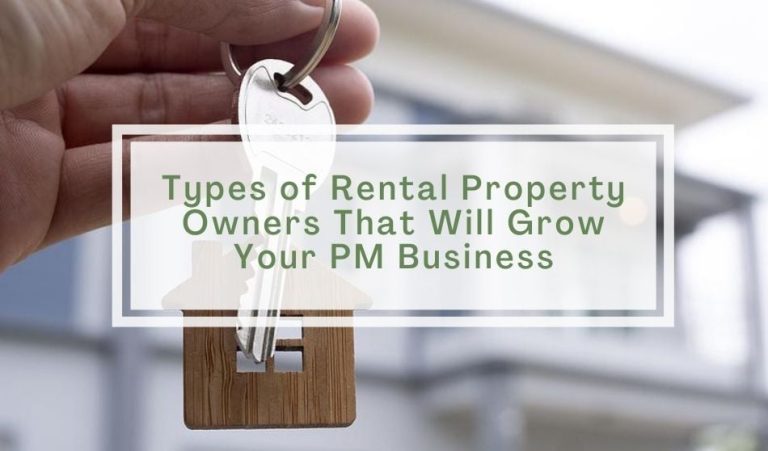Growth is important for any successful business. As a property mangemner, understanding the types of owners that will grow your property management business is key. If you are hoping to build your management portfolio, be sure that you understand how to attract the various invesmtent property owners who make up your potiential client pool.
According to recent research, 37% of U.S. households are renters a number that has been growing and is at its largest in the last 50 years; creating a strong market for those looking to capitalize on this housing trend.
Property managers and landlords collected $512.4 billion in rent payments across the U.S. in 2019, making rental ownership and management a strong industry. Rental housing creates profitable opportunities for property managers and owners who understand the demand and needs of the rental housing market.
Rental property owners have the opportunity to provide renter-occupied housing and build their wealth through rental income. And property managers can grow their business by attracting owners who need quality management of their rental properties.
Build Your Property Management Portfolio
The key to any successful business is growth. Property managers can find this growth by attracting more owners and building their inventory of total properties managed.
In order to build your management portfolio, it is important to understand the client profile of a property manager’s target audience. Knowing the types of owners who are in the market for a property manager will help you create a specialized sales plan so you can focus on appealing to the needs of that particular client.
Here are the most common types of rental property owners and what they are looking for in a property manager.
Types of Rental Property Owners
- Investors
Individual investors purchased residential properties with the intention of using them for rental housing. These individuals consider their rental property an investment, and they are not relying on the rental payments for immediate income.Investors tend to understand the benefit of spending money on property maintenance and updates in order to increase the property’s value over time and attract the right type of tenants.What they are looking for: Professional property managers who will take care of all the details and provide a rent payment check that will get used for mortgage payments before going into a savings or investment account.
- The DIY Landlord
The DIY landlord got into the rental housing industry either intentionally, with the hopes of capitalizing on passive income opportunities, or accidentally, through an inheritance or as a result of the housing market crash.Regardless of how they entered the market, the DIY landlord attempts to take care of all the responsibilities of rental management themselves from marketing vacancies, screening tenants, chasing down rent, tenant turnover, maintenance, and property emergencies.What they are looking for: DIY landlords are excellent potential clients for property managers who can attract the DIY, when they reach their breaking point from the time-commitment and stress that goes along with self-managing rental property, like late-night phone calls, non-payers, and property destroyers.
- The Accidental Landlord
Whether through inheritance or due to the housing market crash, the accidental landlord never considered owning rental property as an investment opportunity but suddenly owns a home he doesn’t know how to manage.Rather than spending the time to learn the ins-and-outs of property management, a simpler solution is to find a professional property manager who can take care of the property for him.What they are looking for: The accidental landlord client may have come to you during a stressful life-event and will benefit from a clear explanation of your management style and a simplified explanation of the rental industry and your role in the owner-manager relationship.
- The Fed-up Owner
The Fed-up owner has the rental property under the management of a competitor but is not satisfied with how their properties are managed. Their discontent can be due to vacancies rates, personality differences, frustration with management fees, or overall dissatisfaction with the competitor’s business practices.The fed-up owner has experience with working with a property manager and tends to know at least a little bit about the rental business.What they are looking for: The fed-up owner is looking for a new property manager and will have specific expectations based on their previous experiences.
Understanding the types of individuals who own rental housing, helps property managers create usable profiles of their target audience.
These profiles establish the needs and wants of individual owners so the property manager can best serve them.
A property manager will be able to attract new business and retain clients by appealing what the owner needs during their buying process for the right property manager.





